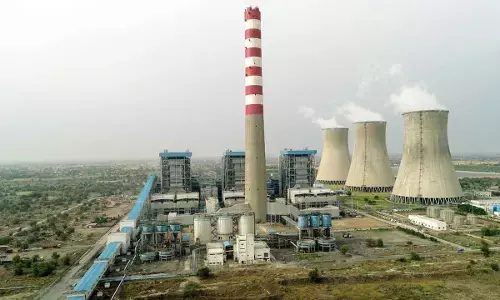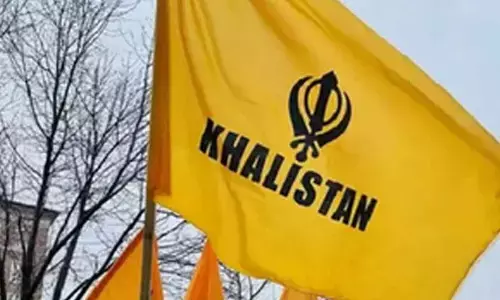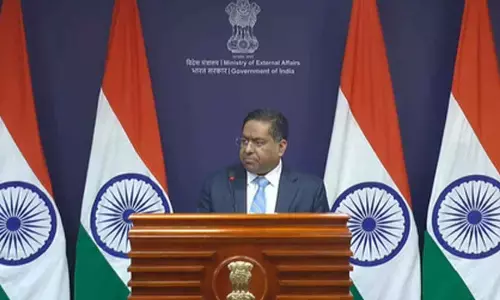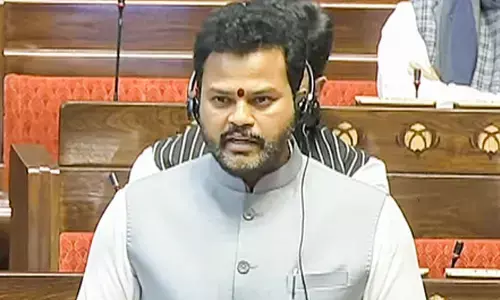Live as if you were to die tomorrow. Learn as if you were to live forever: Mahatma
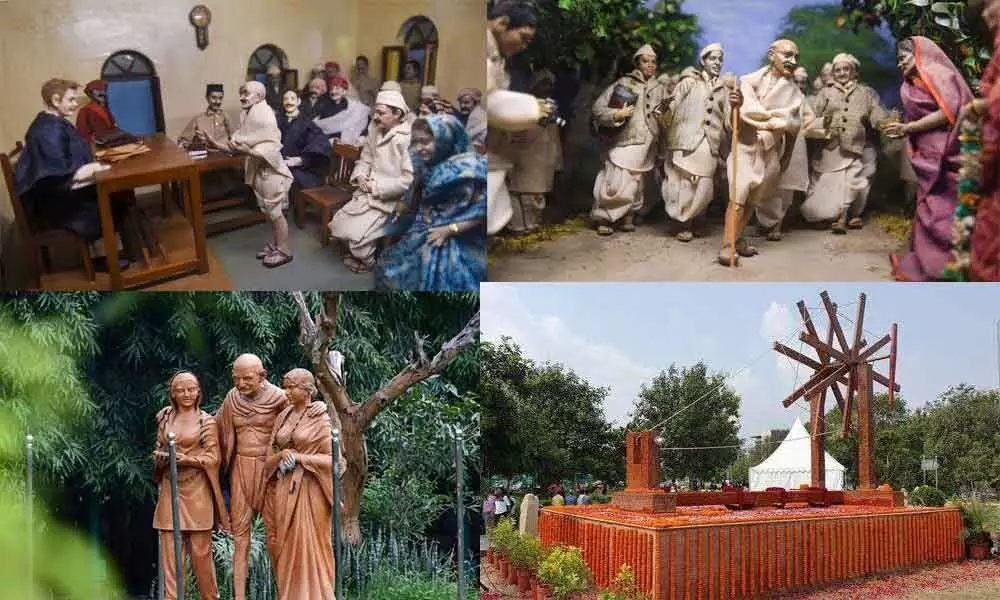
How a closed Rly crossing saved Bapu’s life in 1934
Before Nathuram Godse shot him in the chest on the grounds of Birla House in Delhi on January 30, 1948, there were four to five attempts on the life of Mahatma Gandhi, one of them in Pune 14 years earlier.
It was suspected that Gandhi's nationwide campaign against untouchability led to this attack, but the assailant's identity remains unknown to this date.
A bomb was thrown at a car, believing that Gandhi was inside, during his visit here on June 25, 1934. The incident took place in Vishrambaug area where he was to address a meeting.
Some people including the chief officer of the Pune municipal corporation and occupants of the car were injured. Late Narhar Vishnu Gadgil, a Congress leader who became a minister in the first cabinet of independent India, describes this attempt on Gandhi's life in his autobiography in Marathi, "Pathik" (A traveller).
According to Gadgil, the Mahatma set out for the meeting in time, but his car was held up at the railway crossing at Wakdewadi, and he reached the venue five minutes late.
"A loud explosion was heard outside the meeting hall in Vishrambaug," Gadgil writes. "People inside the hall thought it was fireworks to welcome Gandhi.
Later it was learnt that some malevolent person had hurled a bomb at a car, thinking that Gandhi was inside," he writes. "It was because of the railway crossing gate that was closed, Gandhi's life was saved," Gadgil adds.
When Gandhi's car arrived at the venue some minutes later, Gadgil took him to one side, embracing him so as to cover his body, and led him in. The meeting was over in a few minutes and Gandhi was escorted out in police security.
While boarding the railway compartment on his way back, Gandhi told Gadgil, "If they find the assailant, tell him I have forgiven him." But the assailant was never found or even identified.
Arun Khore, a journalist and researcher who is writing a book on Gandhi's association with Pune, pointed out the irony that both his mentor and his assassin were from Pune.
"Gopal Krishna Gokhale, whom Gandhi regarded his political guru, was from Pune, and Godse, who assassinated him, too was from the city," Khore said.
'Gandhi would have been most disappointed if he was alive'
The no-holds-barred scenario on the administrative and political fronts would have made Mahatma Gandhi one of the most disappointed persons if he was still alive today, says retired Supreme Court judge N Santosh Hegde.
The 79-year-old former Solicitor General of India also regretted that society as a whole, people in prominent positions in particular, have forgotten Gandhi's values.
"Today, the situation is such that the present day politics is no-holds-barred; truth has no value", the former Karnataka Lokayukta told PTI on Tuesday, sharing his thoughts on the occasion of the 150th birth anniversary of the father of the nation.
"That's what I am exactly seeing now...how you criticise your opponents, berate and belittle people who are not in conformity with your thinking, these are all things totally opposed to Mahatma Gandhi's policies.
He is a person who respected his opponents. We don't see that today", he said. Mahatma Gandhi's thinking should be included in the educational curriculum, he said.
He said administration and politics have a very big say in everyday life and "it sort of moulds our thinking". "This no-holds-barred system that is prevailing today in these fields -- administration and politics -- is creating some sort of a mad race for acquiring power and money. That is exactly what Gandhi was against", Hegde said.
Prime Minister Narendra Modi will visit the Sabarmati Ashram on Wednesday, on the occasion of the 150th birth anniversary of Mahatma Gandhi, and later declare the country open defecation-free, a BJP leader said.
Largest 'charkha' made of waste plastic inaugurated in Noida
India's largest 'charkha' (spinning wheel) made of used plastic waste was inaugurated in Noida on the eve of Mahatma Gandhi's 150th birth anniversary
The 'charkha', which symbolises Gandhi's dream of Swadeshi (self sufficing and self reliance), measures 14 ft × 20 ft × 8ft and is made of 1,250 kg of used plastic, according to officials.
A dark night when Gandhi went under the knife
It was a stormy, January day in 1924. Mahatma Gandhi was brought into the Sassoon Hospital for an operation to remove his appendix.
But then the power went off due to the raging thunderstorm, and a flashlight was used but that too flickered to death while the British army surgeon was wielding the scalpel.
Finally a hurricane lamp came to the rescue. Ninety-five years on, the 400 sq ft operation theatre at the government-run hospital has turned into a memorial but one that is not open to the public.
The room has, among things, a table, a trolley and some instruments used for Gandhi's surgery. also houses a rare painting depicting Gandhi being operated on.
When Gandhi wrote to Hitler and allied forces
Mahatma Gandhi made fervent appeals for peace in the run-up to World War II and during the course of it in numerous letters to world leaders, including one to Adolf Hitler eight days before Germany invaded Poland on September 1, 1939.
Ever the man of letters, Gandhi's missives from the time lay bare his passionate belief in non-violence, the core of his philosophy and politics, and also his views on India's Independence.
He reached out to Hitler, "the one person in the world who can prevent a war", as well as China's Gen Chiang Kai-Shek and also penned open letters to the Japanese, the Americans and the British.
On August 23, 1939, Gandhi wrote to "dear friend" Hitler from his 'ashram' in Wardha in Maharashtra, stating that people had been urging him to write to the fuhrer for the "sake of humanity".
Gandhi writes that he resisted the request because any letter to Hitler would be "an impertinence".
"It is quite clear that you are today the one person in the world who can prevent a war which may reduce humanity to the savage state.
Must you pay that price for an object however worthy it may appear to you be? Will you listen to the appeal of one who has deliberately shunned the method of war not without considerable success? Any way I anticipate your forgiveness, if I have erred in writing to you (sic)," the Mahatma writes.
He ends the letter with "I remain, Your sincere friend, M. K. Gandhi".
On September 1, 1939, Hitler invaded Poland, leading to the outbreak of World War II and changing the course of history.
Britain, the US and the USSR were part of the Allied forces and Germany, Italy and Japan part of the Axis forces during World War II. Indian soldiers fought the war as part of the British India empire.
In his appeal to the Britons through a letter on July 3, 1940, he urges them to use nonviolent means to defeat the Nazis. While doing so, let them take whatever they want but not "your souls nor your minds", he writes.
"I would like you to lay down your arms you have, as being useless for saving you or humanity. You will invite Herr Hitler and Signor Mussolini to take what they want of the possession of your beautiful island, with your beautiful buildings.
You will give all these, but neither your souls nor your minds. "If they do not give you free passage out, you will allow yourself, man, woman and child, to be slaughtered, but you will refuse to owe allegiance to them (sic)," he says.
In a letter to the Japanese on July 7, 1942, which was also published in his Harijan newspaper a week later, he says bluntly that he "intensely disliked" their attack on China.
He also tells them that the Indian freedom movement "should in no way be misunderstood" and Japan will not find any favour among Indians.












